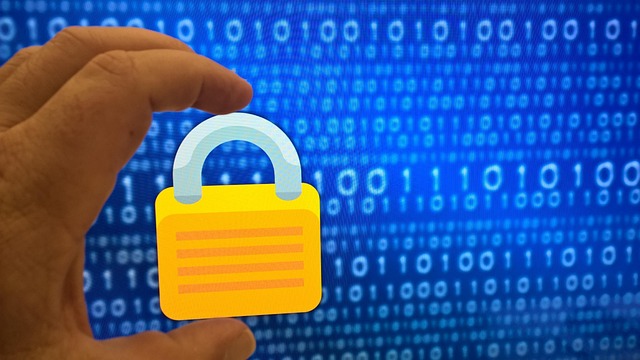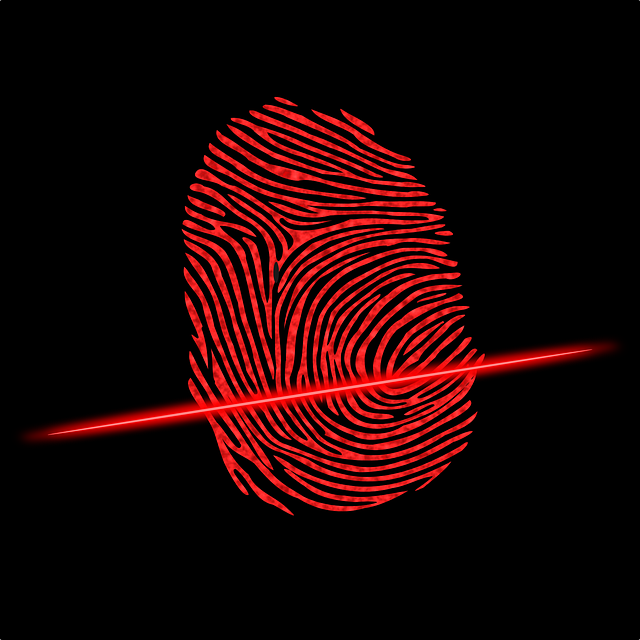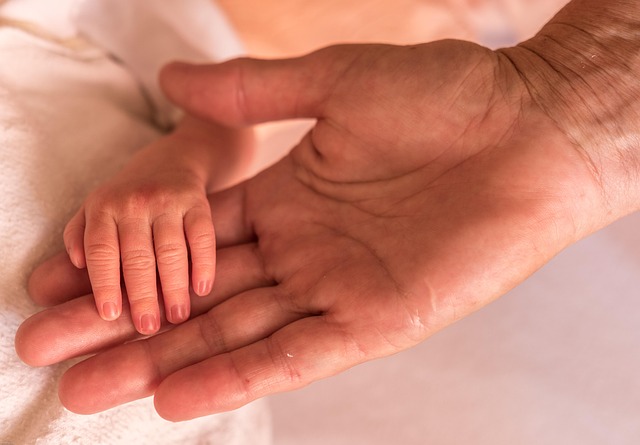Accounting firms face significant cybersecurity challenges due to their handling of sensitive financial data, with digital reliance increasing their vulnerability. To mitigate these risks, they must prioritize robust data protection measures such as advanced encryption (e.g., email encryption), multi-factor authentication (MFA), firewalls, regular security audits, and employee training. Implementing these proactive strategies not only protects client information but also enhances trust, maintains industry compliance (like HIPAA or PCI DSS), and ensures accounting firms remain competitive in the digital age. Effective IT security for accounting firms is crucial for navigating evolving cyber threats and preserving operational integrity.
In today’s digital age, accounting and CPA firms face unique cybersecurity challenges. Protecting sensitive financial data from evolving threats is paramount for maintaining client trust and ensuring business continuity. This article explores tailored cybersecurity solutions for these firms, delving into data protection strategies, robust access controls, staff training for human cyber resilience, advanced threat detection, and compliance with regulatory requirements. Discover how implementing these measures can significantly enhance the IT security posture of accounting firms.
- Understanding the Unique Cybersecurity Challenges for Accounting Firms
- Data Protection: Safeguarding Financial Information
- Implementing Strong Access Controls and Authentication Methods
- Regular Security Training for Staff: Building Human Cyber Resilience
- Advanced Threat Detection and Response Systems
- Compliance and Regulatory Requirements: Staying Ahead of the Curve
Understanding the Unique Cybersecurity Challenges for Accounting Firms

Accounting firms face distinct cybersecurity challenges due to their unique position handling sensitive financial information. With the increasing reliance on digital systems for accounting and bookkeeping, they have become attractive targets for cybercriminals seeking valuable data. The primary concern is the protection of client records and financial data, which, if compromised, can lead to significant legal and reputational repercussions.
These firms often deal with remote access to financial systems, necessitating robust remote access security measures. A firewall for CPAs is crucial in controlling access and preventing unauthorized entries. Additionally, as accounting practices evolve with cloud-based solutions, ensuring CPA data security across various platforms becomes essential. Implementing comprehensive security strategies, including regular updates, employee training, and advanced encryption, can help mitigate these risks effectively.
Data Protection: Safeguarding Financial Information

For accounting firms, data protection is paramount as they handle sensitive financial information belonging to clients. Implementing robust cybersecurity measures is essential to safeguard this critical data from potential threats like hacking, ransomware attacks, and data breaches. Beyond basic antivirus software, modern solutions include advanced encryption technologies, such as email encryption, to secure digital communications. These steps ensure that even if sensitive documents are accidentally sent out, they remain unreadable without the proper decryption keys.
Additionally, accounting firms should prioritize IT compliance services to meet industry regulations like HIPAA or PCI DSS. This involves regular security audits, patch management for software vulnerabilities, and employee training on cybersecurity best practices to combat evolving threats like phishing attacks. By integrating these proactive measures, accounting firms can maintain client trust, protect their reputation, and remain competitive in the digital age of accounting services.
Implementing Strong Access Controls and Authentication Methods

In the realm of accounting firm IT security, implementing robust access controls and authentication methods is paramount. Accounting firms manage sensitive financial data, making them prime targets for cybercriminals. To fortify their defenses, firms should adopt multi-factor authentication (MFA) to ensure that only authorized personnel gain access to crucial CPA data security resources. This involves verifying user identity through multiple independent factors like passwords, biometric data, or security tokens.
Moreover, setting up a firewall for CPAs can significantly enhance IT compliance services by filtering network traffic and blocking unauthorized access attempts. Regularly updating access permissions based on the principle of least privilege ensures that employees have only the necessary rights to perform their duties. This two-pronged approach not only bolsters accounting firm IT security but also adheres to industry standards and regulations, safeguarding client information from potential breaches.
Regular Security Training for Staff: Building Human Cyber Resilience

In today’s digital era, accounting and CPA firms face a landscape where cybersecurity threats are ever-evolving and increasingly sophisticated. To counter this, regular security training for staff is paramount in building human cyber resilience. This proactive approach equips employees with the knowledge to recognize potential risks, such as phishing attempts or social engineering, which remain some of the most prevalent attack vectors. By fostering a culture of cybersecurity awareness, firms can ensure their people are not only able to identify threats but also know how to respond effectively, minimizing human error and significantly strengthening overall defense mechanisms.
Moreover, regular training sessions should cover best practices for remote access security, given the rise in distributed work environments. With CPA data security at stake, it’s crucial that staff understands the implications of accessing sensitive information from personal devices or unsecure networks. Regular audits and refreshers on these topics not only keep everyone alert but also help maintain compliance with industry standards, ensuring accounting firm IT security remains robust against emerging cyber threats.
Advanced Threat Detection and Response Systems

Advanced Threat Detection and Response Systems are becoming indispensable for accounting firms looking to safeguard their sensitive financial data. With sophisticated cyber threats on the rise, these tools enable real-time monitoring and immediate responses to potential risks. By leveraging machine learning algorithms and advanced analytics, cybersecurity solutions can identify anomalous activities and malicious patterns that traditional security measures might miss. This proactive approach ensures that any threat is neutralized swiftly, minimizing the risk of a costly data breach.
Implementing robust IT policies alongside these cutting-edge detection systems further bolsters accounting firm IT security. Regular cybersecurity audits play a crucial role in identifying vulnerabilities and ensuring compliance with industry standards. Through continuous monitoring and proactive policy updates, accounting firms can protect their clients’ information, maintain regulatory adherence, and preserve the integrity of their operations against evolving cyber threats.
Compliance and Regulatory Requirements: Staying Ahead of the Curve

Accounting firms, with their sensitive financial data, are prime targets for cybercriminals. Staying ahead of the curve in cybersecurity is not just a best practice—it’s crucial for maintaining client trust and ensuring regulatory compliance. In today’s digital era, an accounting firm’s IT security measures determine its ability to protect valuable information and navigate complex regulatory landscapes. Non-compliance can lead to severe penalties, reputational damage, and even legal action.
To meet these challenges, firms need robust solutions that address specific concerns like remote access security, phishing protection, and email encryption. By implementing these measures, accounting professionals can safeguard client data, prevent unauthorized access, and mitigate risks associated with deceptive emails. Staying proactive in adopting cutting-edge cybersecurity practices isn’t just about protecting against threats; it’s about demonstrating a commitment to integrity, transparency, and the highest standards of professional conduct expected in the field of accounting.
